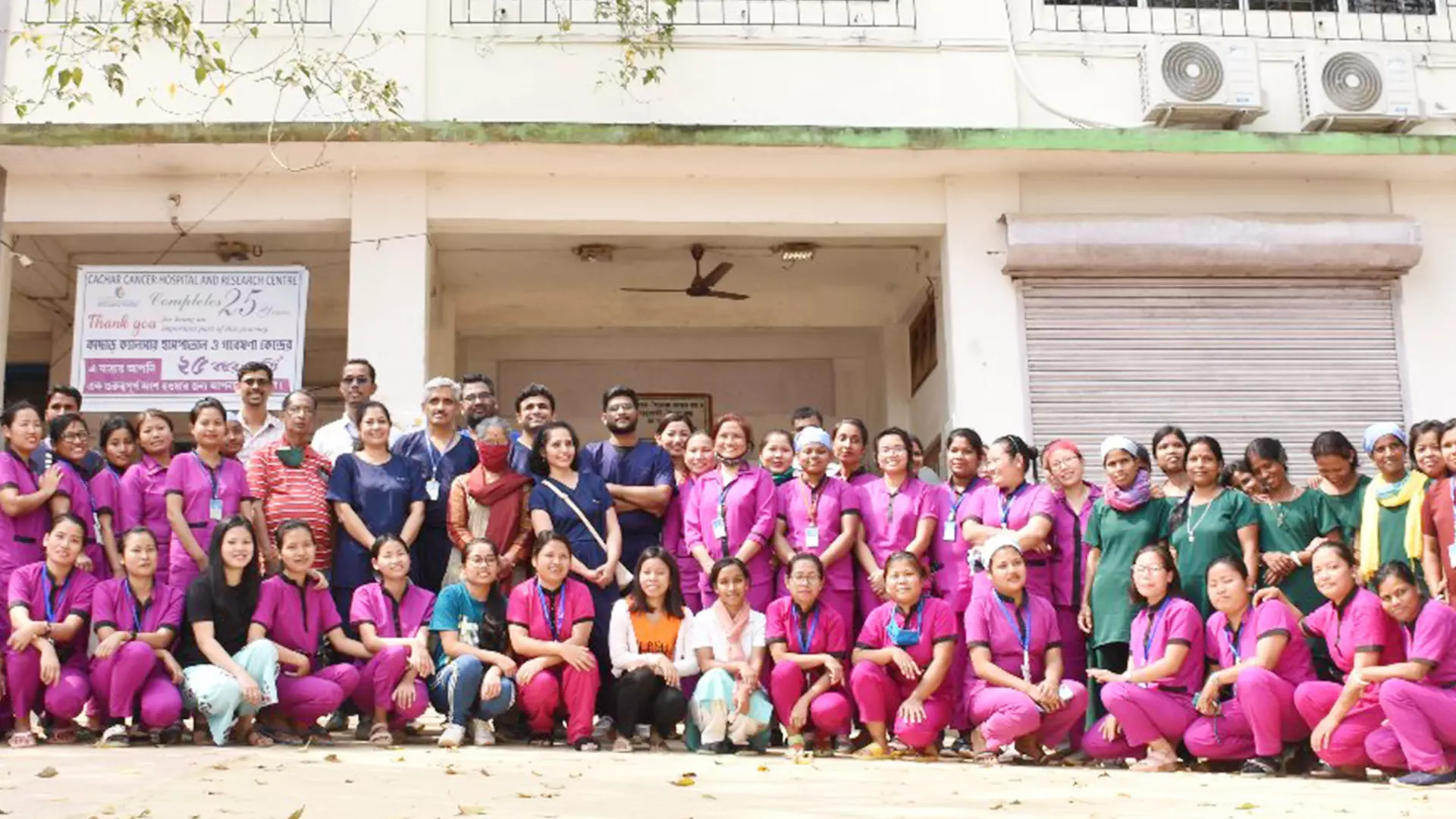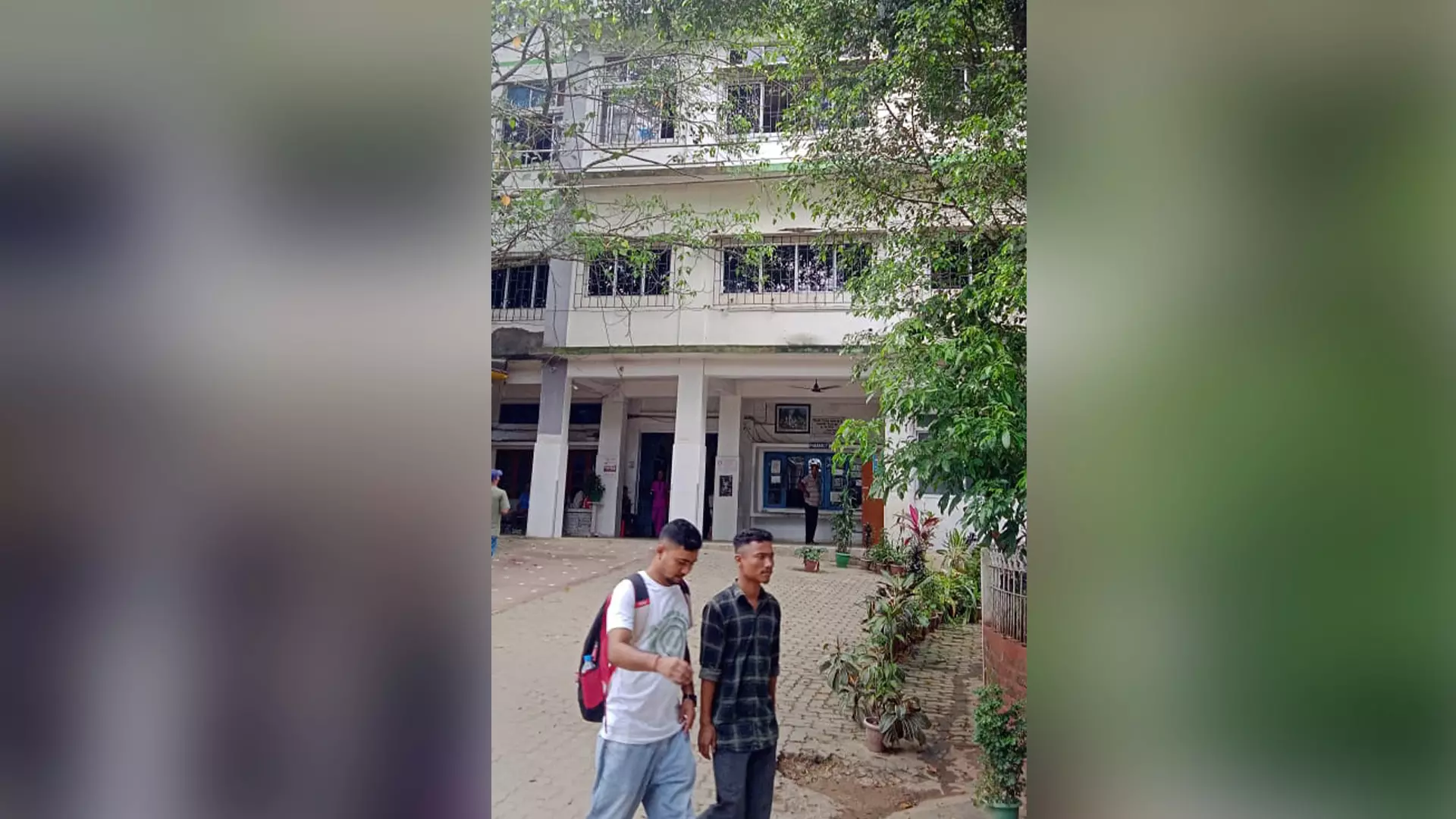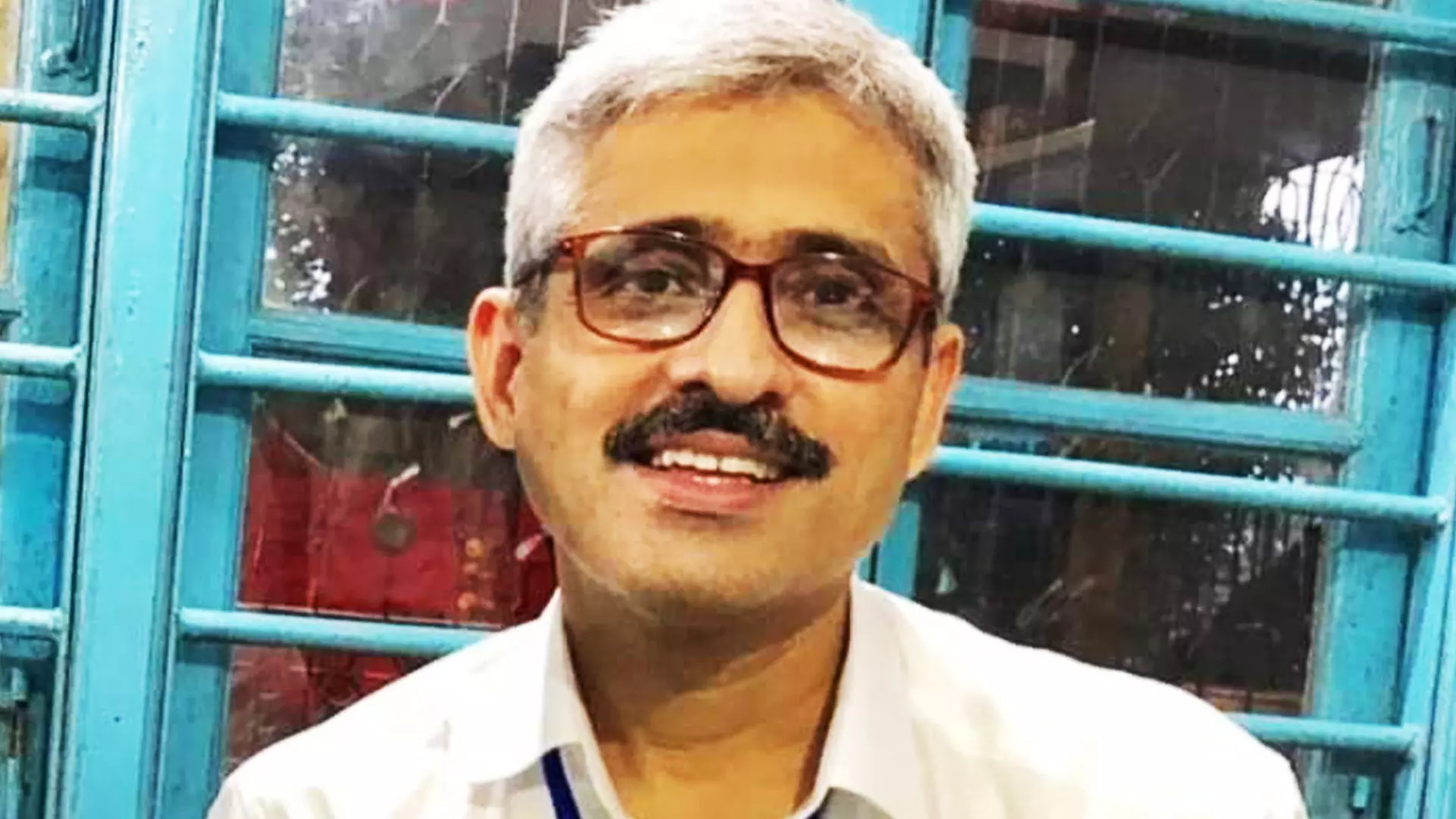
- Home
- India
- World
- Premium
- THE FEDERAL SPECIAL
- Analysis
- States
- Perspective
- Videos
- Sports
- Education
- Entertainment
- Elections
- Features
- Health
- Business
- Series
- In memoriam: Sheikh Mujibur Rahman
- Bishnoi's Men
- NEET TANGLE
- Economy Series
- Earth Day
- Kashmir’s Frozen Turbulence
- India@75
- The legend of Ramjanmabhoomi
- Liberalisation@30
- How to tame a dragon
- Celebrating biodiversity
- Farm Matters
- 50 days of solitude
- Bringing Migrants Home
- Budget 2020
- Jharkhand Votes
- The Federal Investigates
- The Federal Impact
- Vanishing Sand
- Gandhi @ 150
- Andhra Today
- Field report
- Operation Gulmarg
- Pandemic @1 Mn in India
- The Federal Year-End
- The Zero Year
- Science
- Brand studio
- Newsletter
- Elections 2024
- Events
- Home
- IndiaIndia
- World
- Analysis
- StatesStates
- PerspectivePerspective
- VideosVideos
- Sports
- Education
- Entertainment
- ElectionsElections
- Features
- Health
- BusinessBusiness
- Premium
- Loading...
Premium - Events
Dr Ravi Kannan: How a doctor from Chennai made cancer treatment possible at Rs 1 lakh in Assam
4 mins read

In 2002, a doctor from Chennai landed in Assam’s Silchar town, covering about 3,000 km, to attend a seminar, with a small briefcase in hand. Barely did the doctor know this was the start of a bond that will transform not just the health facilities of Assam, but gradually also the adjoining regions, and his own life in turn. That this bond would come to completely own him, making it...
In 2002, a doctor from Chennai landed in Assam’s Silchar town, covering about 3,000 km, to attend a seminar, with a small briefcase in hand. Barely did the doctor know this was the start of a bond that will transform not just the health facilities of Assam, but gradually also the adjoining regions, and his own life in turn. That this bond would come to completely own him, making it impossible for him to leave.
Twenty-one years later, surgical oncologist R Ravi Kannan, now a resident of Assam, finds himself on the list of the prestigious 2023 Ramon Magsaysay Awardees. Korvi Rakshand (Bangladesh), Eugenio Lemos (Timor-Leste), Miriam Coronel-Ferrer (Philippines) being the other three recipients this year.
The motivation
“My mother wanted me to be a doctor and so I studied to be a doctor and started practising in Chennai. The reason my mother wanted me to become a doctor was that she wanted me to serve the poor. When I came to Cachar, I witnessed the poor healthcare facilities in the district. It moved me deeply. It was then that I decided to work for the poor people and ensure they get economical treatment,” Dr Kannan told The Federal.
Service for the people and the nation runs in Dr Kannan’s family. His father Renga Swamy R was an Indian Air Force pilot and received the Vishisht Seva Medal for his “distinguished service”.
While Dr Kannan first came to Assam in 2002, it wasn’t until 2007 that he decided to leave Chennai for Assam permanently. At the time of the Silchar seminar, Dr Kannan was working as a surgeon at the Adyar Cancer Institute in Chennai.
It took five years and many visits to Assam for Dr Kannan to switch states and dedicate his life to the cause of making cancer treatment affordable to the poor people of Northeast India. The visits to Assam over five years made him realise that poor people were dying of cancer without even knowing what was happening to them.
His wife Seeta, who would accompany Dr Kannan on most of these visits to Assam, worked then with the United States India Educational Project. While the family raised many fears and apprehensions about working in Assam, the couple was determined to serve the poor. What gave an added impetus to the couple’s decision were the persistent requests from the Cachar Hospital authorities.
“The Cachar Cancer Hospital Society was formed in 1992 and two years later, the foundation of Cachar Cancer Hospital and Research Centre (CCHRC) was laid at Meherpur in Silchar. But the hospital had no specialists. We used to organise many national and international seminars to find ways to deal with the challenges of the hospital. Dr Kannan came to Silchar to attend one such seminar in 2002. Later, we began inviting him twice a year. During his visits, we requested him to see patients also. He graciously agreed,” Kalyan Chakraborty, founder member of CCHRC, said.

The Cachar Cancer Hospital and Research Centre in Assam.
It was due to Dr Kannan’s efforts that the hospital built its first radiation unit in 2006 and the first qualified nurse came on board in 2008. Under Dr Kannan’s supervision, the hospital saw its first microvascular surgery for a cancer patient in 2012, which was a first in the entire Northeast as well.
“Dr Kannan transformed the treatment process through his relentless efforts,” he said.
“The treatment of cancer which costs Rs 7 to Rs 8 lakh in other big cities, is done in CCHRC for a maximum of Rs 1 lakh. Any kind of treatment, whether big or micro vascular, can be done here. The surgery charge is only Rs 20,000 whereas patients are required to pay a maximum of Rs 600 per day in ICU. At present, the hospital has the facility of Rs 140 beds for patients,” Chakraborty said.
Bit by bit
Dr Kannan says when he moved to Assam, the hospital lacked even the most basic health facilities and people had very low awareness about cancer.
“When I joined CCHRC, there were barely any facilities. People suffering from cancer came to us in advanced stages. We had no facilities for biopsy test in our laboratory. Samples had to be sent to faraway places and then we would waste days waiting for the results,” Dr Kannan told The Federal.
“But now we have all the facilities in our hospital and we can conduct biopsies in our own hospital,” he said.
“People in the area mostly suffer from cancer caused by tobacco. Since most people are poor, they do not seek immediate medical attention. They used to come to the hospital only in very advanced stages when saving them was close to impossible.”
One of the biggest problems Dr Kannan saw was poverty. It made accessing quality healthcare impossible for the people. Because of poverty and lack of education, many myths were attached to cancer.
People used to believe that something was wrong with the air or water in Assam.
The first challenge, therefore, for Dr Kannan was to convince people that these thoughts were baseless and the actual reason for their cancer was the wrong lifestyle since people in the region would consume tobacco, areca nuts, and alcohol in excessive amounts.
Affordable care
The next challenge was to make treatment affordable.
“My belief was that any cancer patient who needs treatment should get it. We started working with this thought. But the thing is that if the patients don’t have money, the hospital treating them should have the required resources to help them. Unfortunately, we lacked both,” Dr Kannan said.
Dr Kannan thus worked on ways to make treatment affordable.
“Expenses related to treatment were reduced wherever possible. For example, we buy generic medicines. We do not have private wards because the money for the wards has to come either from the patients or the hospitals. We did not want our patients to incur any extra cost. And by saving the hospital’s money we could divert the resources to where the need was greater, Dr Kannan said.
“Earlier, I used to perform all surgeries alone, but now many of my associate doctors are performing surgeries. Earlier, 1,000 to 1,200 patients used to come to our hospital in a year, but now more than 5,000 patient come here,” he said.
Over the last 9 years, things have improved for the hospital with central and state health programmes focused on health.
“We are now getting support through health programmes like Atal Amrit Abhiyan and Pradhan Mantri Jan Arogya Yojana. Our cancer centre is managed by the community. We are also getting CSR fund from public sector utilities such as Indian Oil Limited, Oil and Natural Gas Corporation of India. The Tata Group has also been helping us provide treatment to the poor people,” Dr Kannan told The Federal.
The hospital recently set up a linear accelerator, also referred to as Linac, with the help of the Assam government. A Linac is a machine that aims radiation at cancer tumours with pinpoint accuracy, sparing nearby healthy tissue.
Dr Kannan feels the Magsaysay Award belongs to all those joined forced to save lives from cancer.
“The award belongs to all those who had joined hands to make the lives of those suffering from cancer better. We are now focusing on decentralising cancer care by setting up smaller hospitals in different parts of Assam and also in Tripura so that people do not have to travel too far for treatment,” said Dr Kannan, who is also the recipient of the Padma Shri award for his service to the healthcare sector of northeast region.
Asked about his plans for the future, Dr Kannan said, “I always believed that hospitals should be no further than a one-hour distance for cancer patients. That’s why we are working on plans to open two more hospitals at Dharmanagar in Tripura and bordering Manipur.”
“I think now very few people from Northeastern states have to go to other cities of the country for cancer treatment than earlier,” Dr Kannan said.
Locals are all praises for Dr Kannan and his efforts.
“Dr Kannan’s decision to leave behind his comfortable life in Chennai and move to Assam was a selfless act. He is a dedicated doctor who always feels for the poor. A very down to earth person who still doesn’t have a chamber of his own in the hospital,” said Joydip Biswas, associate professor of Economics at Cachar College, said.
A unique concept has been designed for the daily-wage earners by Dr Kannan at the hospital. When the family member of a daily-wager was admitted the family was doubly hit. It became impossible for the family to earn because the patient needed an attendant.
To tide over the problem, Dr Kannan came up with a noble idea. Such people are now given work at the hospital on ad hoc basis.

Dr Ravi Kannan believes hospitals should be no further than a one-hour distance for cancer patients.
“The daily wage earner who cannot skip their work because if they skip their work, they won’t be able to make ends meet. So, the hospital gives them ad hoc appointment,” Biswas said.
One of the problems the hospital encountered was low follow-ups.
To ensure follow-up care at the patient’s doorstep and to avoid crowding at the hospital, Dr Kannan also started CCHRC-run satellite clinics (mobile clinic).
“Dr Kannan started the satellite clinics in Karimganj, Hailakandi and Dima Hasao districts a few years back. This helps people get their follow-ups easily. With the satellite clinics, follow-up ratio of Cachar Cancer Hospital has reached 90 per cent now from below 50 per cent once.”
The hospital built its first radiation unit in 2006 and the first qualified nurse came on board in 2008. With Kannan's supervision, the hospital saw its first microvascular surgery for a cancer patient in 2012, which was first in the Northeast as well. They have also started the Linac facility recently with the help of the state government.
Patients speak
Over the years, thousands of people have received treatment at the Cachar Cancer Hospital and Research Centre.
“In 2010, a man named Ashoka Namasudra was detected with cancer and he came to our hospital for treatment. He had no one to call his own so the hospital took full ownership. We not only extended him free treatment but also ensured he gets food and clothes. Today, he is fit and living a normal life,” said Kalyan Chakraborty.
Fifty-three-year-old Ashoka Namasudra, a cancer survivor from Udarbond area of Cachar, said, “I am grateful to the hospital authorities for giving me treatment free of cost. I especially thank Dr Kannan and his team for all the support during my treatment. Dr Kannan is 'God' for me. They have offered every help to me. Kalyan Chakraborty has helped me with everything during my treatment. Kalyan Chakraborty is a fatherly figure for me.”
